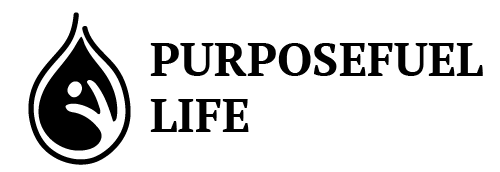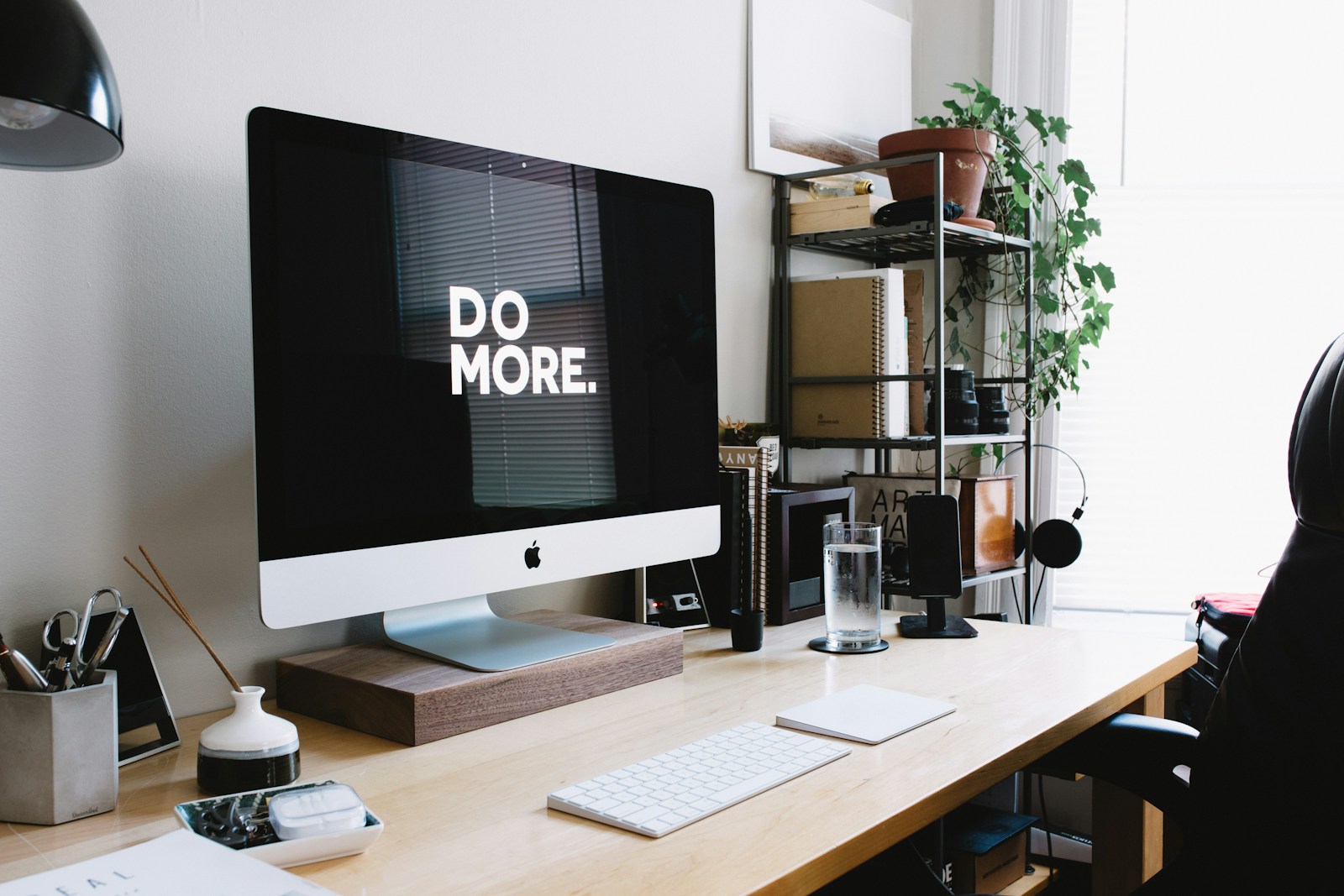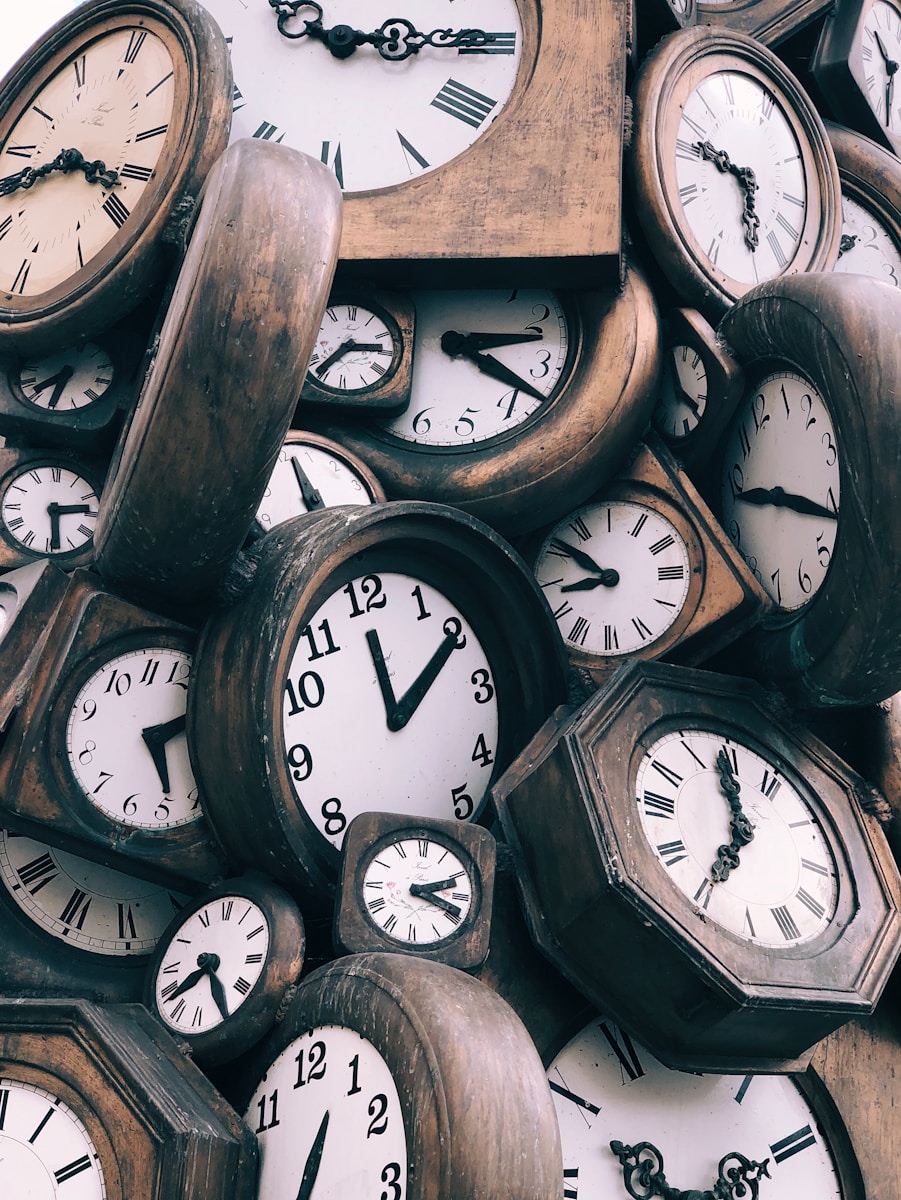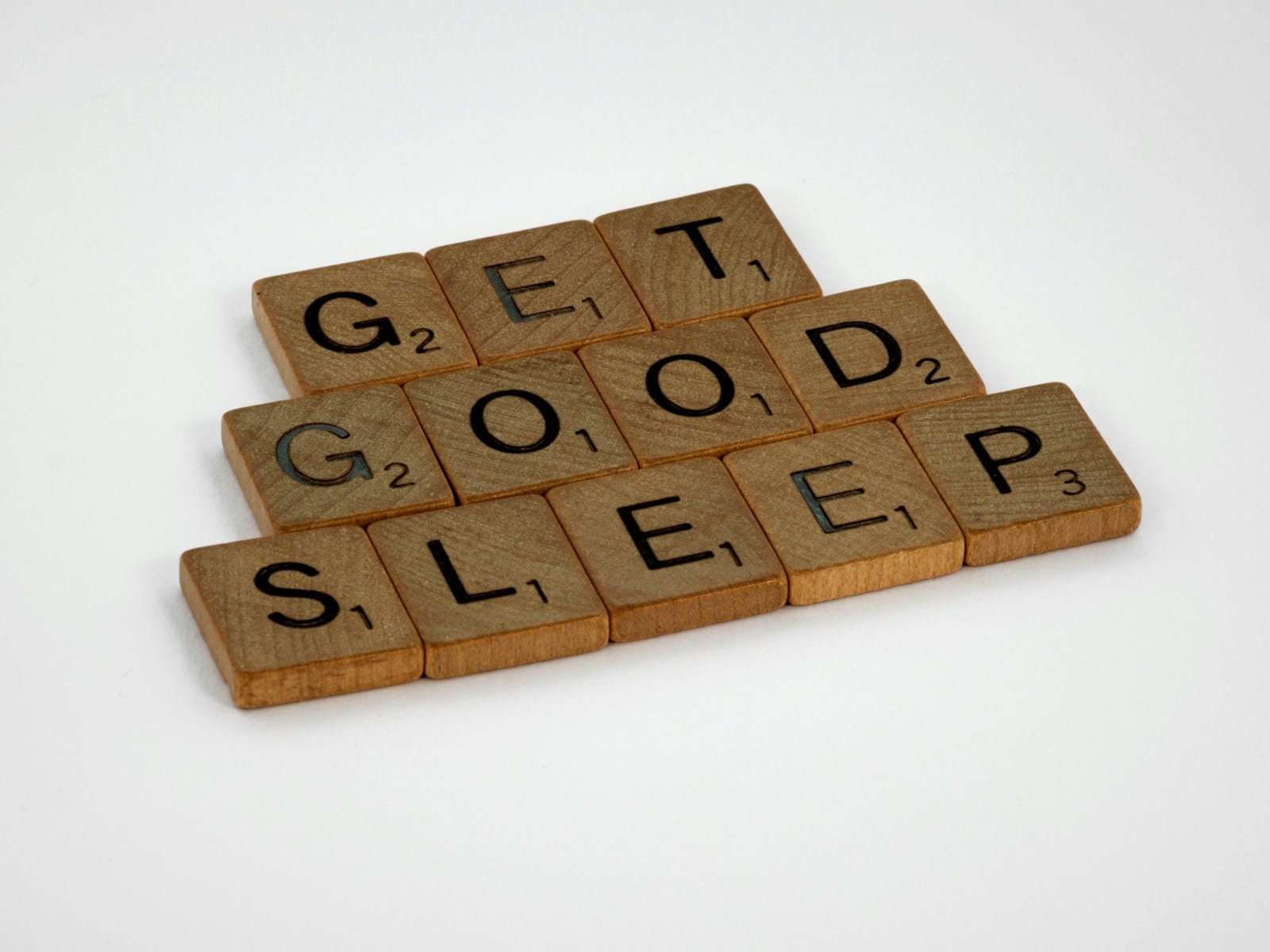Table of Contents
Everyone talks about health.
Everyone has their one thing.
Supplements.
Workouts.
Meal plans.
Sleep trackers.
I see it daily. People chasing optimization. But here’s the hard truth I learned after years of trial and error:
Holistic health is not a supplement stack. It’s how you live. Every single day.
It’s what you eat.
It’s what you think.
It’s what you consume. Not just through your mouth, but through your eyes, your ears, your skin, your mind.
Most people reduce health to one dimension. But real health?
It touches everything.
Food. Sleep. Stress. Breath. Light. Self-talk. Movement. Conversation. Environment.
Holistic health means all of it matters.
And if you ignore even one part of the system, it catches up with you.
My Experience
Here’s what I see constantly:
People who look dialed in from the outside but feel broken inside.
The guy with the perfect gym routine but running on four hours of sleep.
The woman with the supplement stack but living in a high-stress, no-light, no-movement environment.
The overachiever maxing their productivity but completely disconnected from their body and breath.
I’ve lived versions of all three.
It’s easy to focus on the visible stuff like what you eat, how you train.
But health isn’t just about performance. It’s about building a system that actually sustains you.
If even one lever is off, the whole system leaks energy.
That’s not just my take. It’s echoed by experts like Peter Attia, Rhonda Patrick, Andrew Huberman.
Nutrition. Sleep. Stress. Light. Environment. Self-talk. Relationships.
It’s all connected.
The Trap Most People Don’t See
When I first got serious about health, I fell into the same trap as everyone else.
I picked one lever and tried to max it out. For me, it was nutrition.
I thought if I just ate perfectly , clean food, no sugar, supplements-ready, everything else would take care of itself.
But it didn’t.
I still felt drained some days.
I still couldn’t focus.
I still felt mentally off.
That’s when it clicked:
Health isn’t about pushing one lever to 100 percent. It’s about balancing all the levers so the system works as a whole.
Nutrition is just one piece. If your sleep is broken, if your stress is off the charts, if your environment is toxic, food can’t save you.
The same goes for training. For meditation. For whatever your favorite tool is.
Holistic health doesn’t mean one thing done perfectly. It means the whole system running clean.
What Holistic Health Actually Means
Let me spell it out clearly:
When I say holistic health, I mean paying attention to all of this:
- What you eat
- How you breathe
- How you move
- How you sleep
- How you recover
- How you speak to yourself
- How you manage stress
- What kind of light you get exposed to
- How often you get outside
- The depth of your conversations
- How you detox — physically, mentally, emotionally
If it touches your body, mind, or spirit, it’s part of your health system.
Ignoring any piece creates cracks in that system.
Even people at the top of the longevity and performance world agree:
You need all of it working together.
Why Focusing On One Layer Goes Wrong
This is where most people get stuck.
The gym addict who never sleeps.
The supplement stack guy with terrible self-talk.
The meditation expert who barely moves.
One lever maxed. System broken.
I lived that for years without realizing it:
- Dialing in food while sleeping four hours a night.
- Lifting heavy but ignoring breath work and recovery.
- Hyper-focusing on learning while neglecting real-world movement.
That’s not health. That’s dysfunction hidden behind productivity.
It might look good from the outside, but inside? You feel it breaking down.
Holistic Health Is System Design
At some point I realized:
Health isn’t about having a “goal.” It’s about designing a system that lets you live at your best, consistently, long-term.
That system isn’t rigid. It flexes. It adapts.
But the core levers stay in place:
- Nutrition
- Movement
- Sleep
- Stress regulation
- Environment
When all five are included in, not perfectly, but consistently, you don’t just feel better.
You think clearer.
You recover faster.
You build resilience that compounds year after year.
That’s the difference between a quick fix and real longevity.
Integration
Over the next weeks, I’m breaking down each lever and many more in detail:
- Circadian rhythm optimization
- Energy management (vs. time management)
- Sleep quality basics
- Active recovery practices
- Understanding energy peaks and troughs
- Breath and movement for daily energy
Each gets its own spotlight.
But before we get tactical, I wanted to make sure you see the bigger picture first.
Holistic health isn’t about chasing shiny objects. It’s about getting clear: all parts of your system matter.
Even the ones you’ve been ignoring.
I’m not sharing this from a place of theory. This is my lived experience.
Years of hyper-focus on one thing while letting others slide. It worked. Until it didn’t.
And fixing it didn’t mean finding a new hack. It meant zooming out. Looking at my entire system.
I want the same for you. No hype. No unrealistic standards.
Just clarity. And steady, consistent balance.
Now, What?
Here’s where you start:
- Grab a pen.
- Write down everything you currently do that affects your health:
- Food
- Movement
- Sleep
- Conversations
- Self-talk
- Stress habits
- Environment
- Rate each one from 1 to 10.
Where are you solid? Where are you neglecting yourself?
That’s your gap. That’s where your work starts.
Your Challenge
For the next seven days:
Pick your weakest area and make it your focus.
- If it’s sleep, set a fixed bedtime and stick to it.
- If it’s movement, add a daily walk.
- If it’s stress, spend five minutes daily on breath work.
Don’t try to fix everything at once. Build one lever at a time.
Because supplements won’t fix a broken system.
And mindset won’t save you if your body’s falling apart.
Holistic health is all of it.
Building it starts today.
About Me
Can Dillioglu
My strong fields of interest are holistic nutrition, entrepreneurship and personal development with a passion for empowering individuals to achieve their best health, business success, and personal growth.
I help people cut through information overload to make clear, independent decisions that prioritize long-term well-being. My work focuses on honesty, authenticity, and building relationships.





